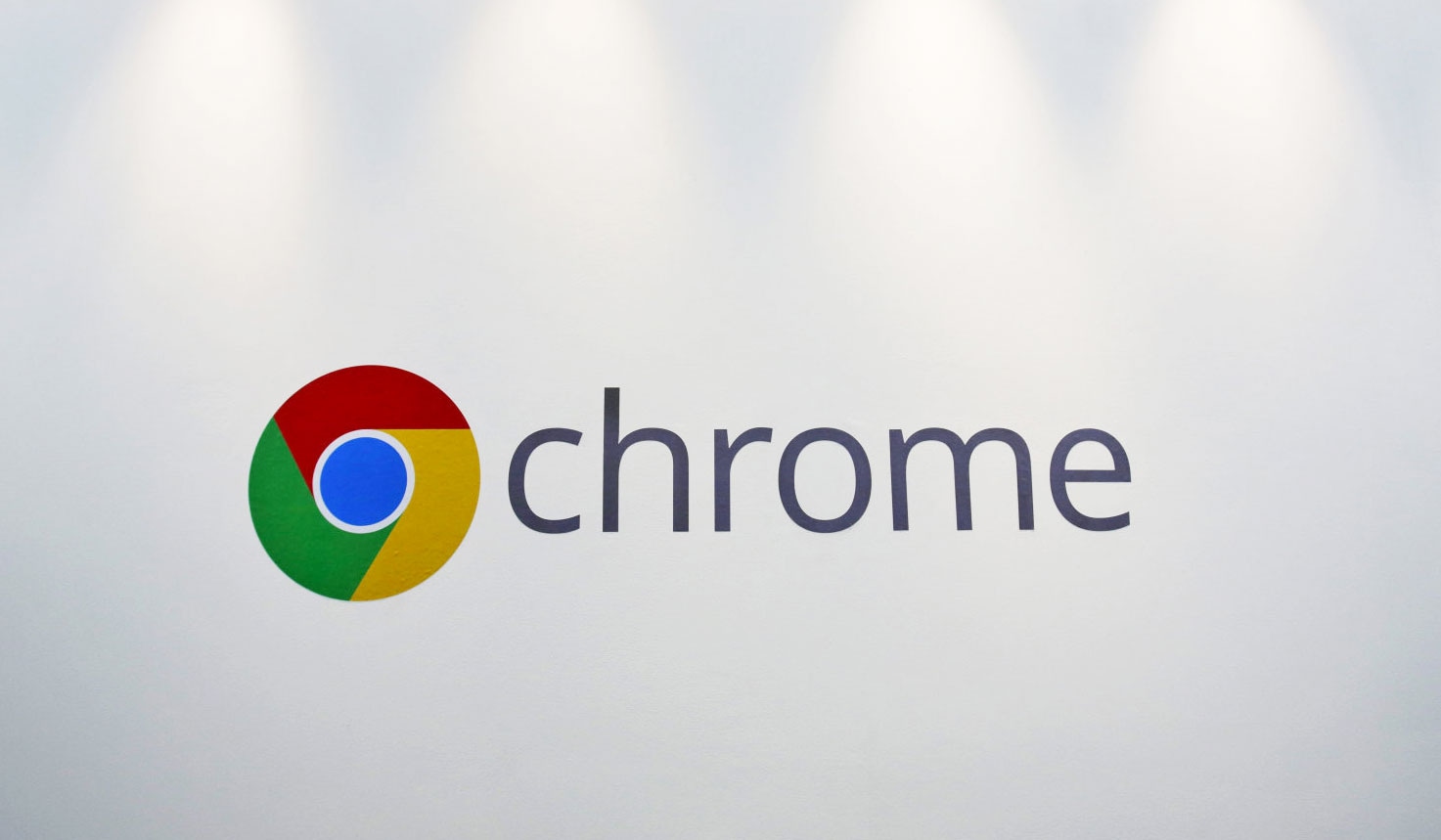
SECURE BROWSING: CHROME CRACKS DOWN ON UNENCRYPTED SITES
Chrome, the most popular web browser in the world, will soon be getting rough with websites that don’t use proper encryption. Such sites can expose visitors to hacking and malware.
The next version of Google’s famous browser, Chrome 56, will be active in January 2017. The new version will warn web surfers about any sites that are still unencrypted. In a small window next to the address bar, Google will mark such sites as “Not Secure”. This warning will flag any sites using the older HTTP application protocol, rather than the more secure HTTPS. Later, these pages will also be marked with red triangles.
WHY CHROME IS CHANGING ITS SECURITY PROTOCOLS
Google’s current method for warning users is very different: a “neutral indicator”. Emily Schechter, an executive in the Chrome Security Team, explained why Google is changing its warning protocols. “When you load a website over HTTP”, she said, “someone else on the network can look at or modify the site before it gets to you.” Attacks via such means are not uncommon.
HOW YOU CAN SURF MORE SAFELY
Meanwhile, there are several steps by which you can make your Chrome browsing safer.
The easiest ways are to activate privacy extensions.
Disconnect is an extension that enables blocking of sites that would otherwise track you across the internet. Disconnect will also increase your connection speeds noticeably.
Adblock Plus and uBlock Origin will block autoplay video, pop-ups, and other annoying ads. They will not only keep advertisers from tracking your internet use, they will reduce your data consumption dramatically. If you worry about exceeding your data cap, you need an ad blocker.
Web of Trust is a worldwide community. It rates websites based on user experience. By regularly checking ratings on Web of Trust, you’ll have a better handle on which websites to avoid.
VIRTUAL PRIVATE NETWORKS
Logging in through a virtual private network (VPN) is an advanced approach to browser security. Some people call VPNs ‘the nuclear option’. They require somewhat more effort to set up than the Chrome extensions, and you’d have to pay for the best ones. The advantage of a VPN is that it encrypts your data, then routes it through secure external servers. Nobody- not even the NSA or your internet service provider- knows where you’re going on the web.
(For secure browsing, you need a secure internet connection. Talk to us. We can help.)

